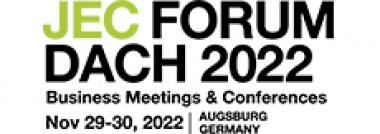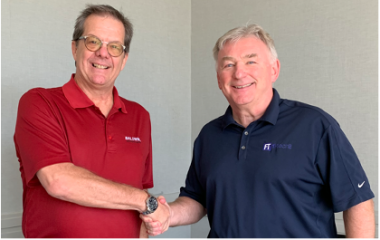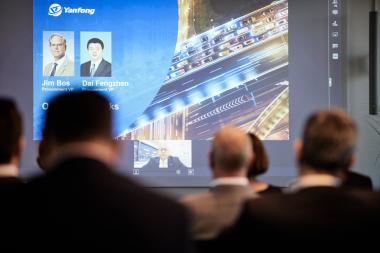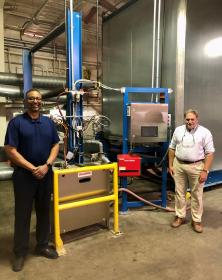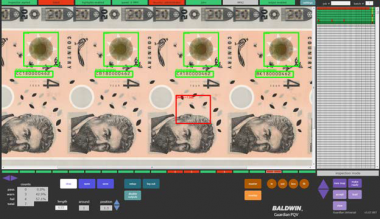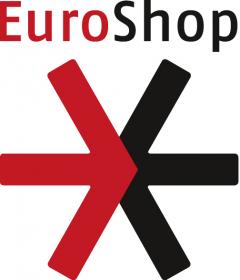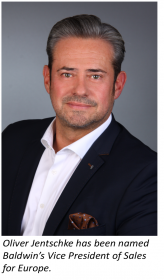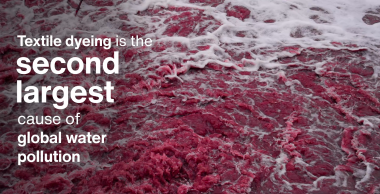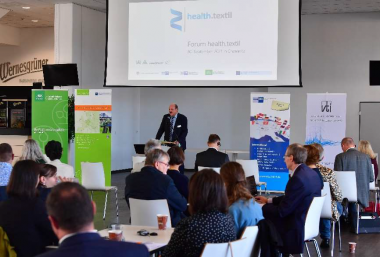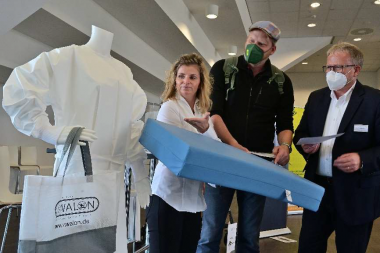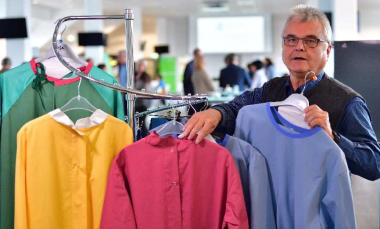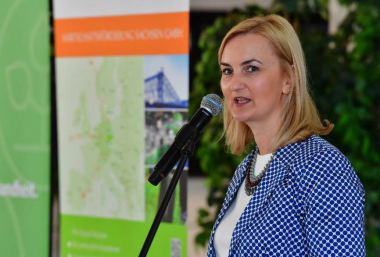Zyler wins Grosvenor Social Shopping Experience Challenge
Grosvenor, an international retail development and investment company, has launched a search for new technologies that promote innovation and create a social customer experience. A major aim of the challenge was to drive retail recovery in a post-pandemic world where bricks and mortar stores saw footfall slump. Zyler’s try-on solution impressed the judges and the companies will launch the technology with Grosvenor’s retail tenants.
Zyler’s patented technology allows customers to see themselves in any outfit with a head and shoulders photo and basic measurements virtually. For retailers, the try-on experience can be embedded into a website or existing app with only a small snippet of code needed.
Anthropics Technology









